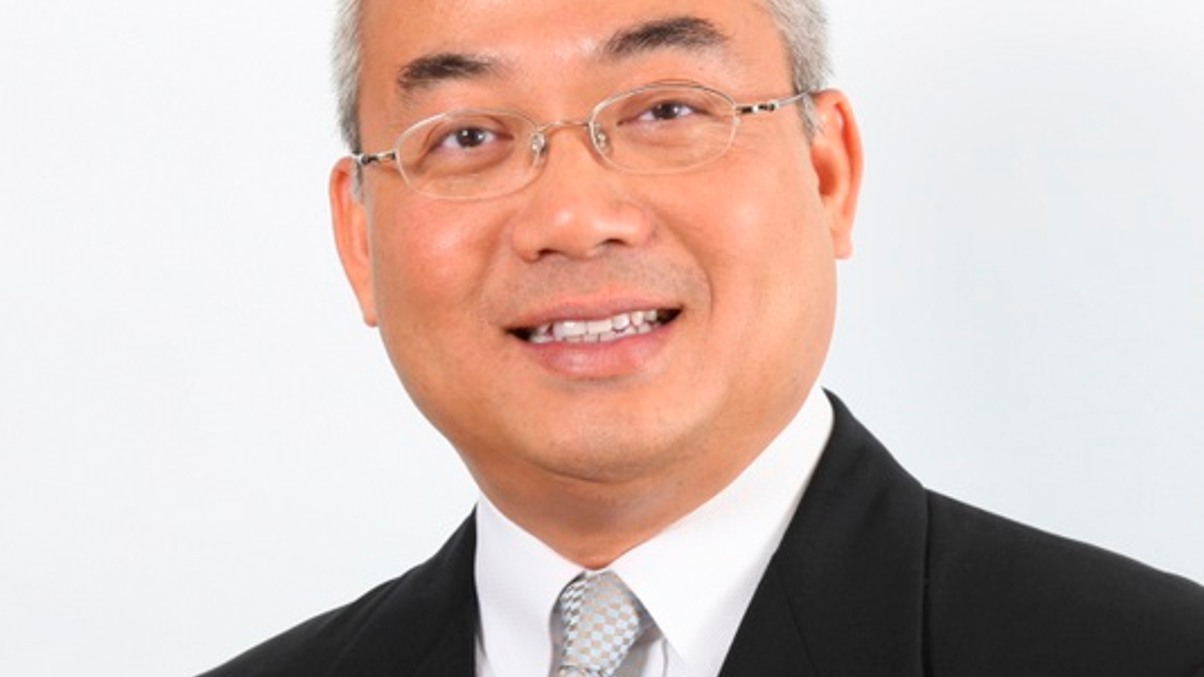Costs driving funds to diversify distribution
From private banking to direct sales, distributors are looking for ways to diversify as compliance rules undermine the profitability of the mass retail segment.

The lock that consumer banks have on selling mutual funds at the wholesale level in Asia is diffusing as firms turn either to more private banking arrangements or opt to sell directly to retail investors.
Sign in to read on!
Registered users get 2 free articles in 30 days.
Subscribers have full unlimited access to AsianInvestor
Not signed up? New users get 2 free articles per month, plus a 7-day unlimited free trial.
¬ Haymarket Media Limited. All rights reserved.


